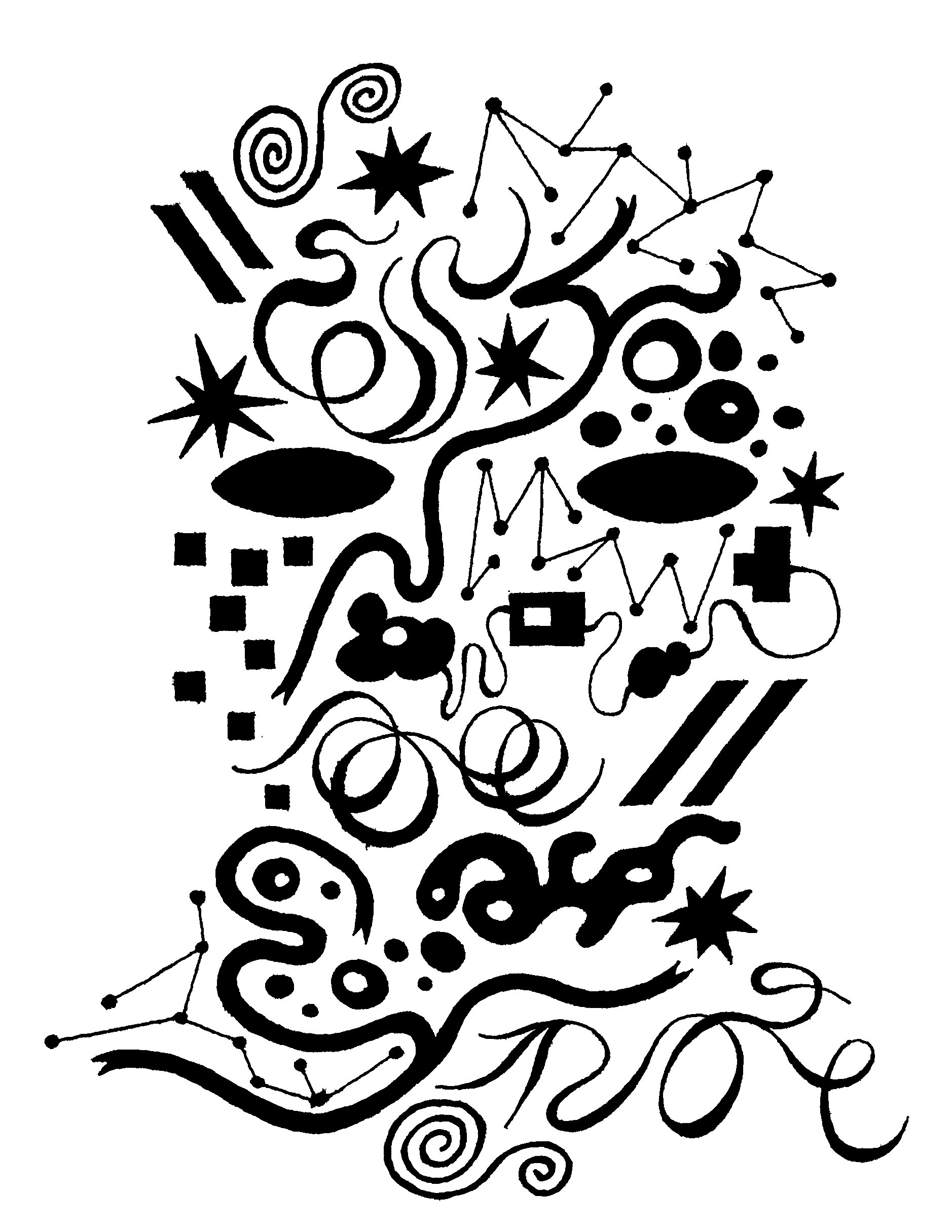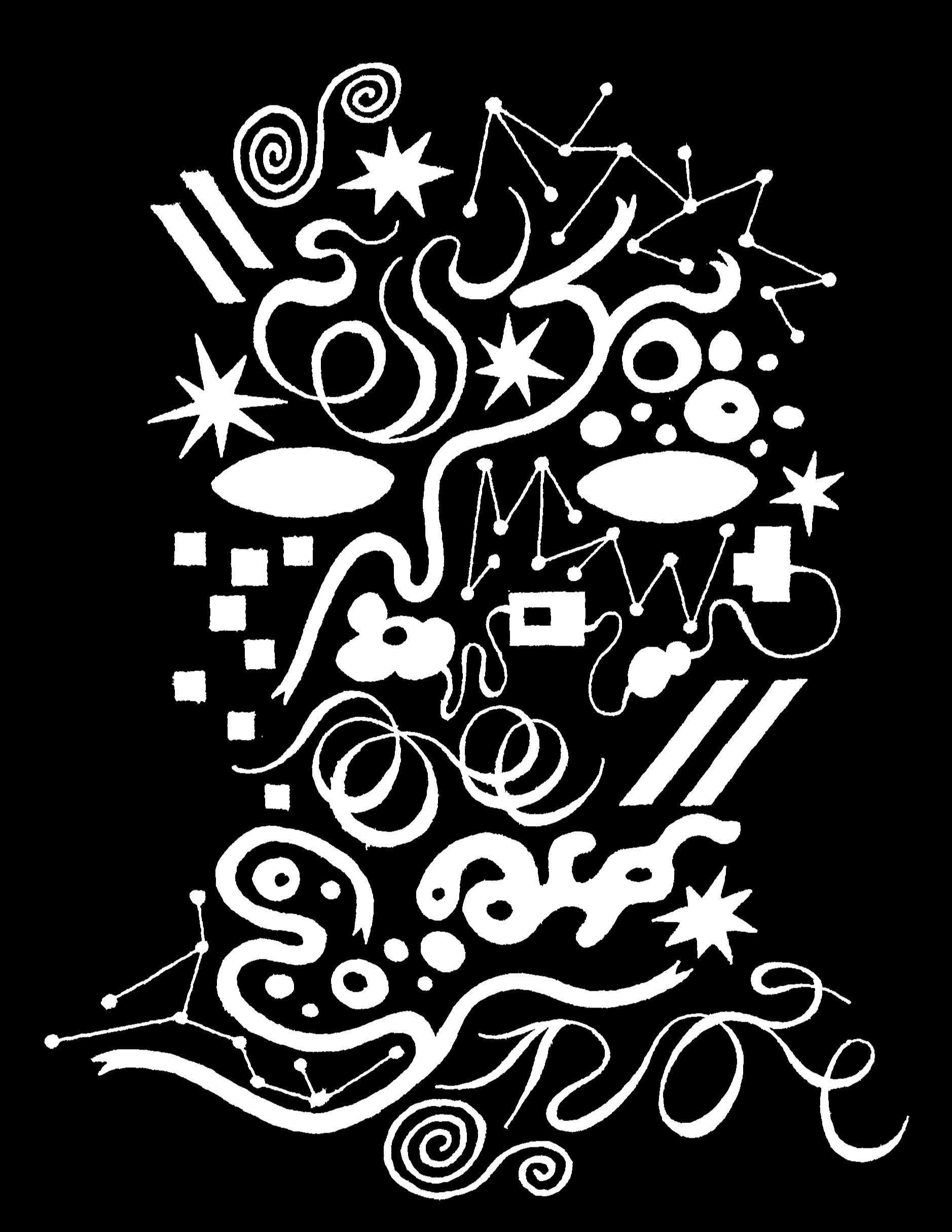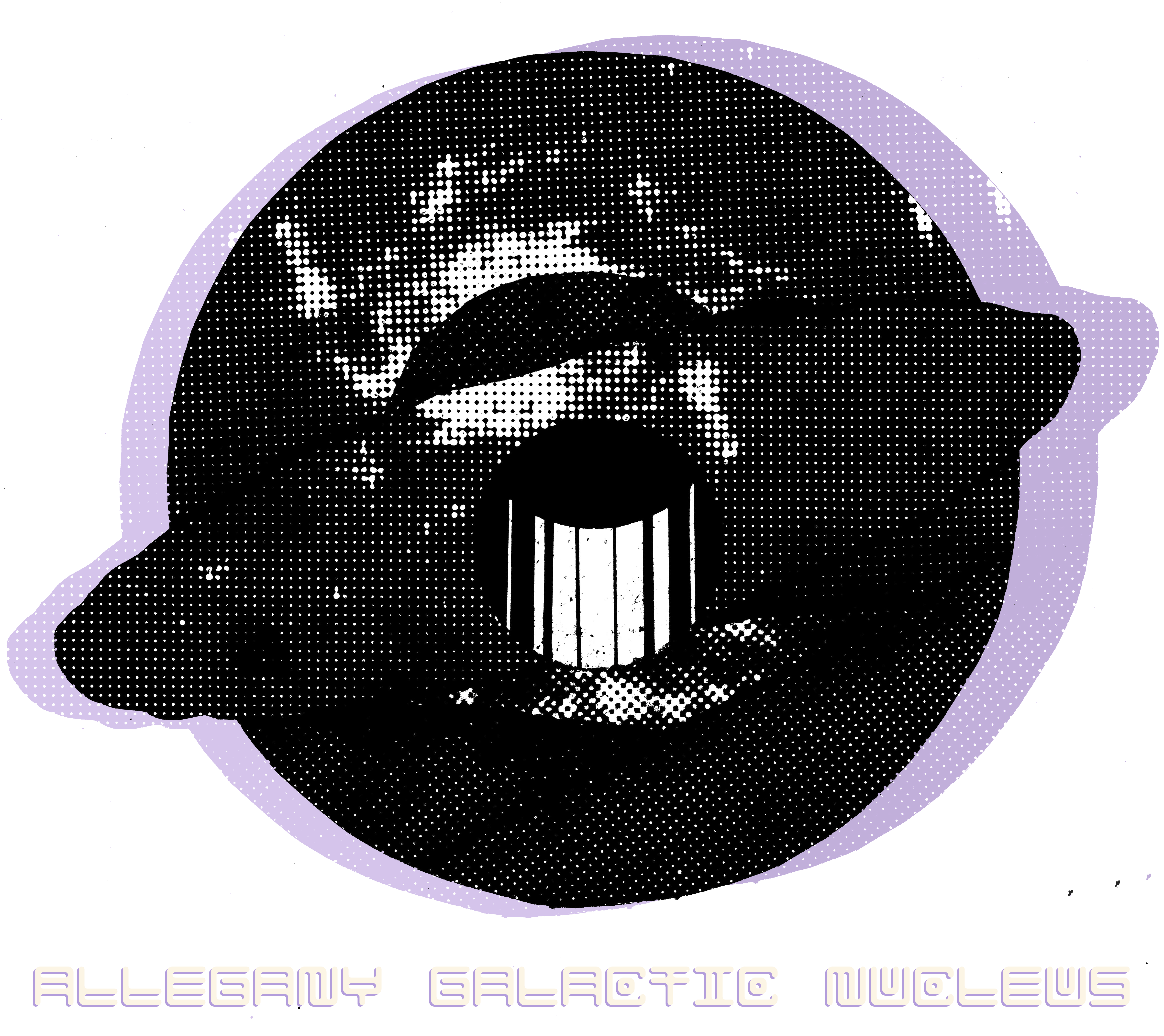The White Noise of Theophany¶

The Bath of Fire
There are so many ways to achieve the sensation of immateriality that it would be difficult, if not futile, to make a classification. Nevertheless, I think that the bath of fire is one of the best. The bath of fire: your being ablaze, all flashes and sparks, consumed by flames as in Hell. The bath of fire purifies so radically that it does away with existence. Its heat waves and scorching flames burn the kernel of life, smothering its vital elan, turning its aggressiveness into aspiration. To live in a bath of fire, transfigured by its rich glow—such is the state of immaterial purity where one is nothing but a dancing flame. Freed from the laws of gravity, life becomes illusion or dream. But this is not all: at the end, a most curious and paradoxical sensation occurs, the feeling of dreamy unreality gives way to the sensation of becoming ash. The bath of fire invariable ends thus: when the inner conflagration has scorched the ground of your being, when all is ashes, what else is there left to experience? There is both mad delight and infinite irony in the thought of my ashes scattered to the four winds, sown frenetically in space, an eternal reproach to the world.
—On The Heights of Despair, p. 45, Emil Cioran, 1934 AD

Absolute Lyricism
I would like to explode, flow, crumble into dust, and my disintegration would be my masterpiece. I would like to melt in the world and for the world to melt orgasmically in me and thus in our delirium to engender an apocalyptic dream, strange and grandiose like all crepuscular visions. Let our dream bring forth mysterious splendors and triumphant shadows, let a general conflagration swallow the world, and let its flames generate crepuscular pleasures as intricate as death and as fascinating as nothingness. Lyricism reaches its ultimate form of expression only through delirium. Absolute lyricism is the lyricism of last moments. In it, expression becomes reality, ceasing to be a partial, minor, and unrevealing objectification. Not only your intelligence and your sensitivity, but your entire being, your life, and your body participate in it. Absolute lyricism is destiny which has reached absolute self-knowledge. Such lyricism will never take an objective and separate form, for it is your own flesh and blood. It only emerges at those crucial moments when experience is expression. Death’s only form is its experience. Thus lyricism is a juxtaposition of act and reality, because the act is no longer a manifestation of reality but reality itself. Absolute lyricism is beyond poetry and sentimentalism, and closer to a metaphysics of destiny, in general, it tends to put everything on the plane of death. All important things bear the sign of death.
—On The Heights of Despair, p. 60, Emil Cioran, 1934 AD
